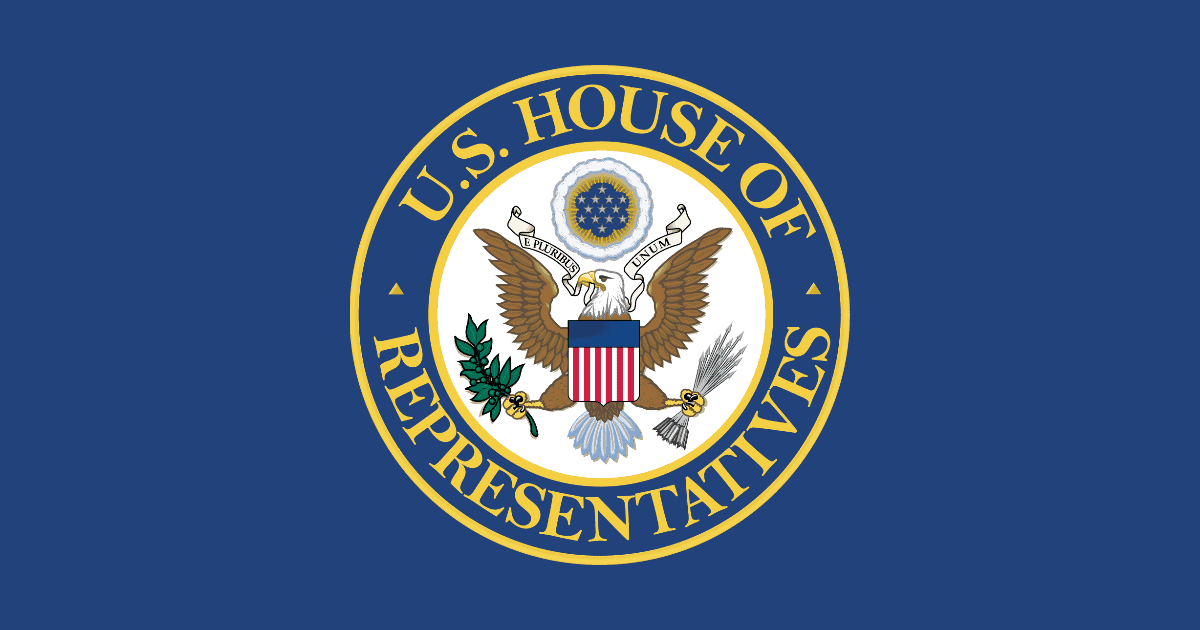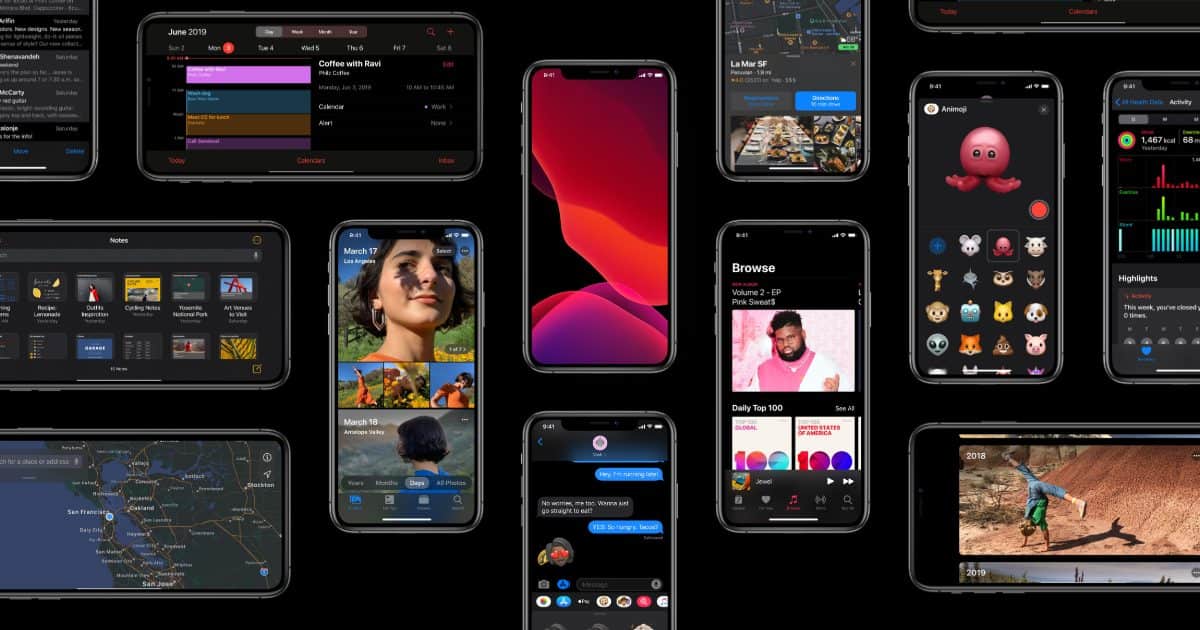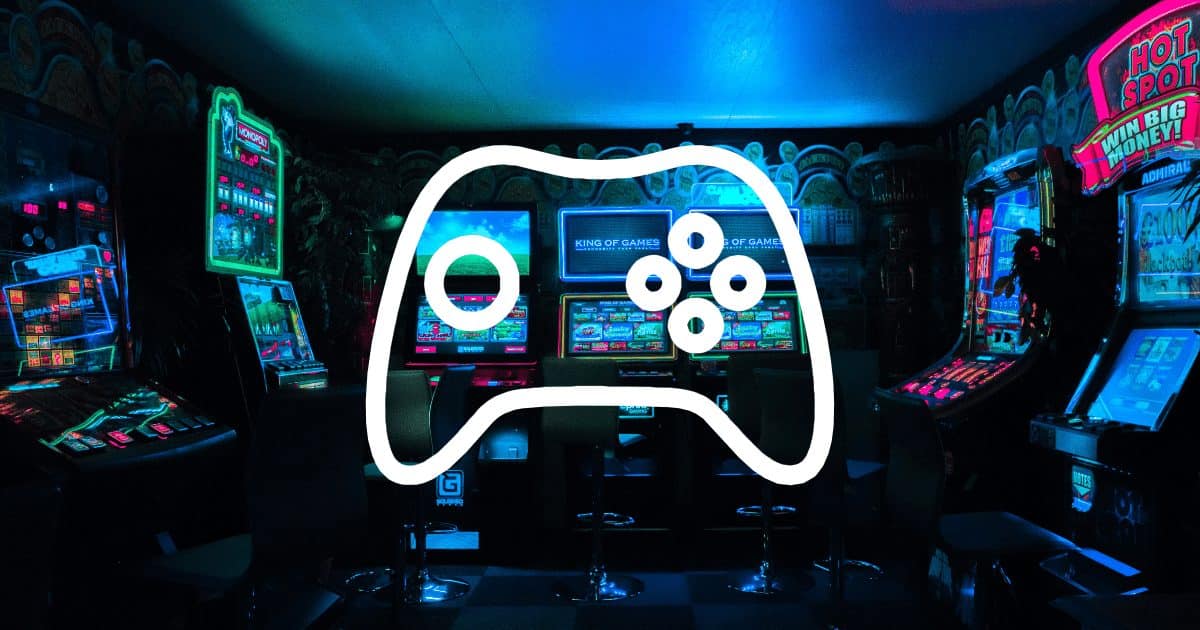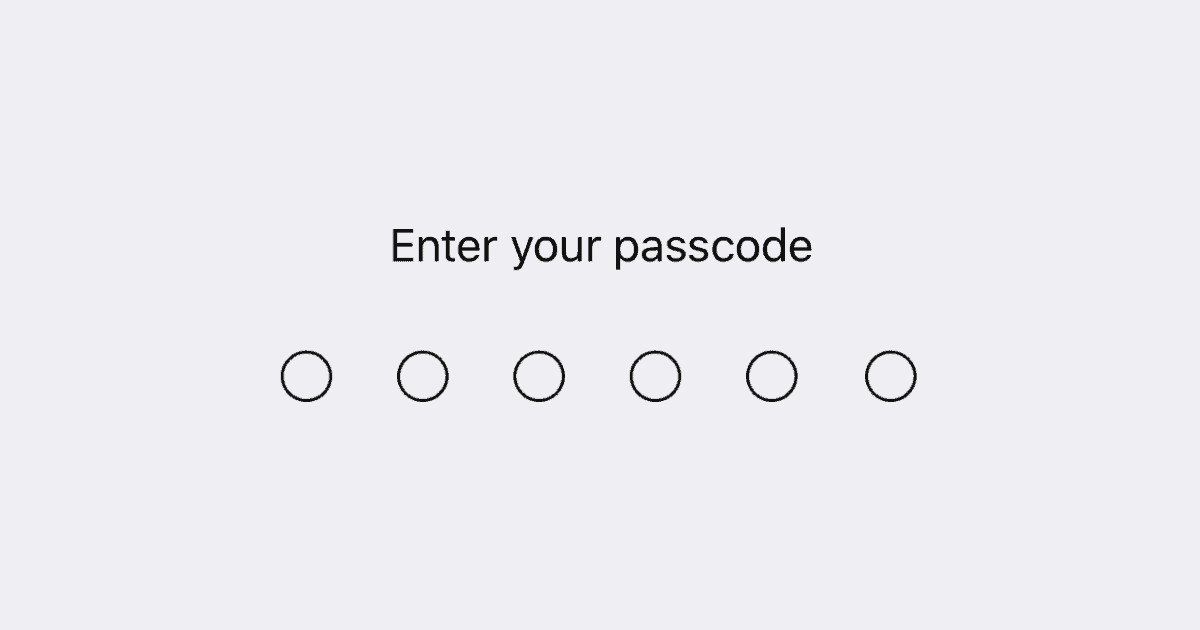Sitting down with CBS News’ Norah O’Donnell, Tim Cook talks about iOS 13 privacy features like Sign In with Apple. The interview will air on CBS Evening News tonight at 6:30 EST.
Articles by Andrew Orr
Apple Customer Satisfaction Scores 81 on ACSI Survey
The American Customer Satisfaction Index (ACSI) recently did an Apple customer satisfaction survey in which the company scored 81 out of 100. Other companies were included as well.
Following a 1% jump, Samsung moves into a first-place tie with Apple at 81 despite smartphone sales dropping for both companies…Apple’s iPhone X, iPhone 8 Plus, and iPhone SE all score 83…Customer experience shows little improvement over the last year. Cell phones are generally easy to use, with text messaging earning the top score at 85. Despite being the only area to improve year over year, battery life (78) finishes last among customer experience benchmarks.
It’s Not Just Apple: Antitrust Probe Aimed at Facebook, Google, More
It’s not just Apple anymore. A new antitrust probe launched by the House of Representatives examines Facebook, Google, and other tech giants.
“Big Tech plays a huge role in our economy and our world,” said Ranking Member Collins (R-GA). “As tech has expanded its market share, more and more questions have arisen about whether the market remains competitive. Our bipartisan look at competition in the digital markets gives us the chance to answer these questions and, if necessary, to take action. I appreciate the partnership of Chairman Nadler, Subcommittee Chairman Cicilline and Subcommittee Ranking Member Sensenbrenner on these important issues.”
Good to see that it’s a bipartisan probe.
WWDC19: 5 iOS 13 Photo Features Apple Announced
iOS 13 brings a lot of new updates, and the Photos app is getting some big new features. Here are all of the iOS 13 photo features coming.
Apple Thwarts Sensor Fingerprinting With iOS 12.2
A study called “SensorID: Sensor Calibration Fingerprinting for Smartphones” examined sensor fingerprinting techniques against smartphones. It found that Micro Electro Mechanical Systems (MEMS) are inaccurate in small ways that make them unique. But Apple thwarted this technique in iOS 12.2 and used the researchers’ suggestion to add random noise to the analog-to-digital converter output and removing default access to motion sensors in Safari.
We demonstrate that our approach is very likely to produce globally unique fingerprints for iOS devices, with an estimated 67 bits of entropy in the fingerprint for iPhone 6S devices. In addition, we find that the accelerometer of Google Pixel 2 and Pixel 3 devices can also be fingerprinted by our approach.
YouTube Bans Minors From Streaming Unless an Adult is Present
In a blog post today, YouTube announced new policies when it comes to minors. YouTube bans minors from live streaming without an adult present, and comments on videos featuring minors have been disabled.
The vast majority of videos featuring minors on YouTube, including those referenced in recent news reports, do not violate our policies and are innocently posted — a family creator providing educational tips, or a parent sharing a proud moment. But when it comes to kids, we take an extra cautious approach towards our enforcement and we’re always making improvements to our protections.
WWDC 2019: Here is the list of iOS 13 Device Support
Like iOS 12, iOS 13 supports a good range of devices. Here is the iOS 13 device support list.
WWDC19: Project Catalyst Could Help Revive Mac Gaming
Project Catalyst is Apple’s official name for what we now as Marzipan. It lets developers port iOS apps to the Mac. I think it can help revive Mac gaming, because presumably games will also be able to get ported. Apple Arcade will be available on macOS as well.
But the big news is clearly Catalyst. Details are still thin, and Apple will most likely share more information this afternoon during its State of the Union WWDC keynote.
WWDC19: Apple Introduces iPadOS
A big announcement at WWDC 2019 was iPadOS. With support for external storage, new ways to multitask, and more.
WWDC19: Apple Launches ‘Sign In with Apple’ Privacy Feature
Apple just announced a huge new privacy feature called Sign In With Apple. It’s a new type of website and app login.
WWDC19: Apple Announces tvOS Game Controller Support
WWDC19 is live, and we’ve seen a lot of updates for Apple TV. One of them is tvOS game controller support for PlayStation and Xbox controllers.
Tune in Monday to The Mac Observer’s Live WWDC 2019 Blog
Apple’s WWDC 2019 event is on Monday, June 3. The Mac Observer will host a live blog where you’ll get a live play-by-play of the event, with our commentary and reactions, so bookmark it in your favorite browser 🙂
Dave: We’ll see you here Monday morning for our live play-by-play and helpful-but-sometimes-snarky commentary. Join us then!
You can also follow @MacObserverLive on Twitter.
Pl@ntNet is a Social Network for Plant Lovers
First created in 2009, Pl@ntNet is a social network for plant lovers, as well as a plant identification app.
Once a user makes an identification (or marks the plant as unknown), they submit their photos to the Pl@ntNet community. Thousands of professional botanists and flora-philes scan the stream of new observations to verify a species, or suggest a new one. If a person confirms your observation, a little green “crowd” icon appears. Your score rises as more people validate your labels, although a few users are certified to train the algorithm without community validation.
I haven’t used this yet but I’ll definitely check it out. I also love iNaturalist. It’s not really a social network, but it can identify both plants and animals.
Bypassing macOS Security With Synthetic Clicks
Security researcher Patrick Wardle found he can bypass macOS security by using synthetic clicks built with AppleScript.
Typically apps are signed with a digital certificate to prove that the app is genuine and hasn’t been tampered with. If the app has been modified to include malware, the certificate usually flags an error and the operating system won’t run the app. But a bug in Apple’s code meant that that macOS was only checking if a certificate exists and wasn’t properly verifying the authenticity of the whitelisted app.
Mr. Wardle refers to this as a “second stage” attack, because the hacker or malware needs access to your Mac to exploit this bug.
News+: The App Store Enables Spying, Tracking, and Analytics
In the latest issue of Fast Company magazine, Mark Wilson writes about the business of spying, advertising, and analytics that the App Store enables.
[Apple] designed a dead-simple interface that, to this day, allows users to sign away contacts, location data, and camera and microphone access with a single tap as they install an app. Apple also created efficient APIs—the software connecting its hardware to outside apps—to provide third-party developers access to sensitive user information. Meanwhile, iPhone apps are not required to encrypt their transmissions. “Apple was well known for usability before it was known for privacy,” says Riana Pfefferkorn, associate director of surveillance and cybersecurity at the Stanford Center for Internet and Society.
This is part of Andrew’s News+ series, where he shares a magazine every Friday to help people discover good content in Apple News+.
Eye Tracking is the Holy Grail of Advertising
Avi Bar-Zeev, who works on AR/VR/MR, says that eye tracking is the holy grail of advertising (And he’s all for it). While I don’t disagree with that point, I do wonder how prevalent it will become. For example, when Face ID first came out, there was a fear that it could be exploited for eye tracking ads. But that isn’t possible because Apple locks down its technology. I expect the same for Apple Glasses.
Bundled into VR headsets or AR glasses, eye-tracking will, in the near-future, enable companies to collect your intimate and unconscious responses to real-world cues and those they design. Those insights can be used entirely for your benefit. But they will also be seen as priceless inputs for ad-driven businesses, which will learn, model, predict and manipulate your behavior far beyond anything we’ve seen to date.
Here Are The Top 20 Most Common iPhone Passcodes
Security expert Tarah Wheeler recently tweeted a list of the top 20 most common iPhone passcodes. These are all four-digit passcodes.
Apple is Shutting Down Back to My Mac on July 1
On July 1, 2019 Apple plans to shut down its Back to My Mac service. This let users set up a network of Macs that could be accessed remotely.
Apple Might Limit Third-Party Tracking in Kids Apps
In the future, Apple might limit third-party trackers in the App Store, at least for kids apps.
Targeted Ads Only Give Publishers 4% More Revenue
A study of the impact behaviorally targeted advertising found that targeted ads only gave publishers 4% more revenue than non-targeted ads.
Developers Want Apple to Create a Screen Time API
Apple removed a bunch of screen time apps from the App Store, saying that the MDM technology they used was a security risk. Now the developers want Apple to create a screen time API.
AirPort Base Stations Get 7.9.1 Firmware Update
Although Apple discontinued its line of AirPort base stations (routers), it recently released a firmware update, version 7.9.1. It fixes several security issues, one of which seems especially bad.
Impact: A base station factory reset may not delete all user information
Description: The issue was addressed with improved data deletion.
CVE-2019-8575: joshua stein
North Face is Really Sorry for Spamming Wikipedia
North Face as issued an apology over its manipulating campaign to spam Wikipedia pages and game Google search results.
We believe deeply in @Wikipedia’s mission and apologize for engaging in activity inconsistent with those principles. Effective immediately, we have ended the campaign and moving forward, we’ll commit to ensuring that our teams and vendors are better trained on the site policies.
If the idiots didn’t openly brag about it, they probably could’ve gotten away with it, at least for a while longer.
An Inside Look at the Qualcomm Monopoly Ruling
Timothy Lee did a nice deep dive into the 233-page Qualcomm monopoly ruling from Judge Lucy Koh. I’ve heard hot takes of the settlement between Apple and Qualcomm that suggested maybe Apple knew it was going to lose and gave up. But Judge Koh ordered Qualcomm to renegotiate with its customers.
The legal document outlines a nearly 20-year history of overcharging smartphone makers for cellular chips. Qualcomm structured its contracts with smartphone makers in ways that made it almost impossible for other chipmakers to challenge Qualcomm’s dominance. Customers who didn’t go along with Qualcomm’s one-sided terms were threatened with an abrupt and crippling loss of access to modem chips.
In her ruling, Koh ordered Qualcomm to stop threatening customers with chip cutoffs. Qualcomm must now re-negotiate all of its agreements with customers and license its patents to competitors on reasonable terms.
























